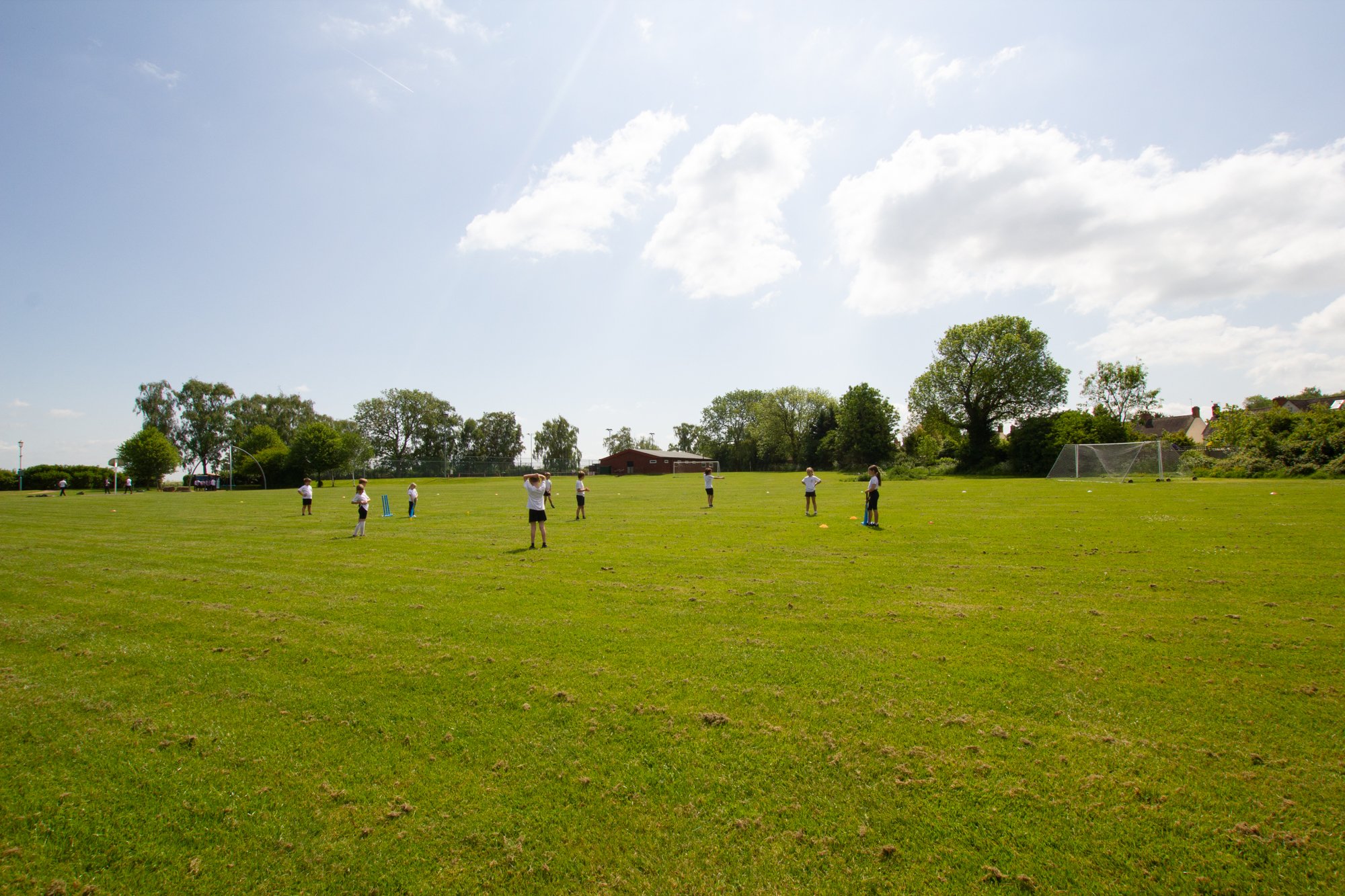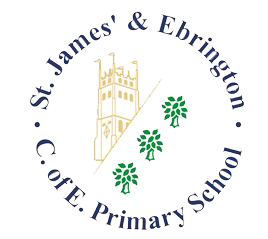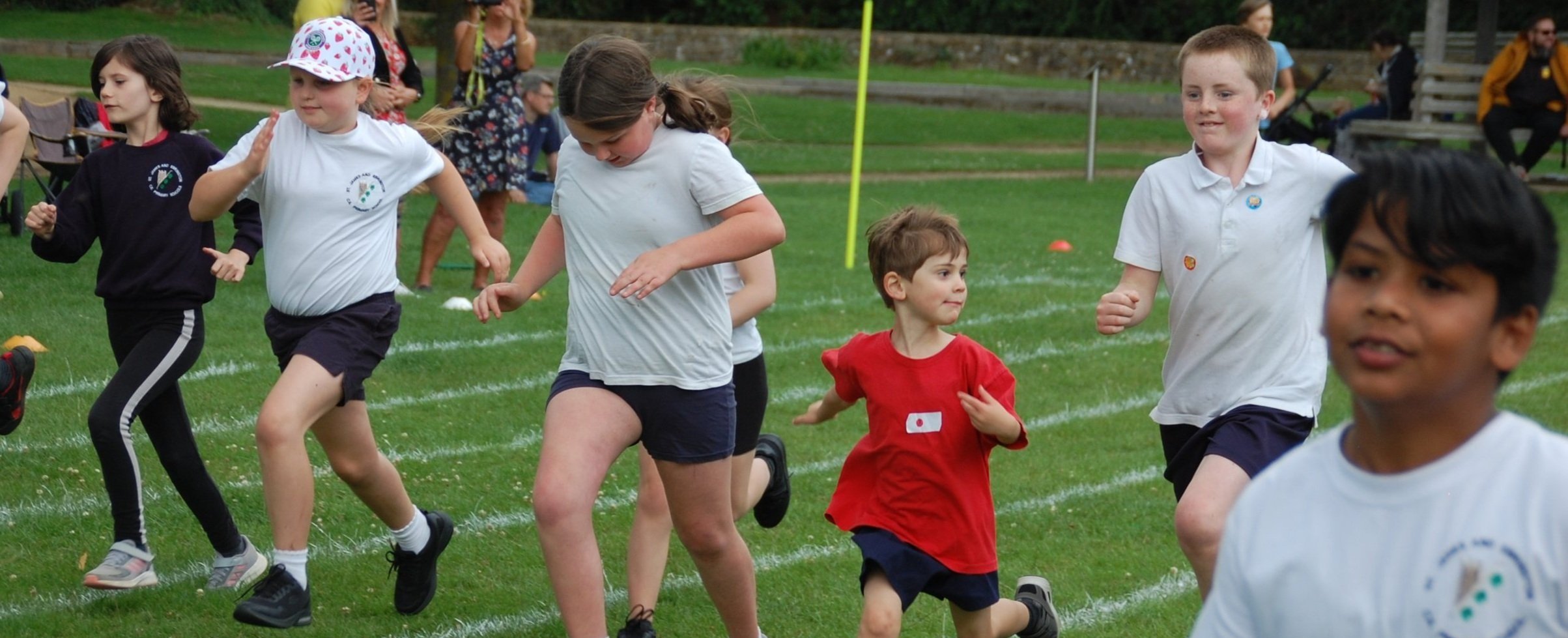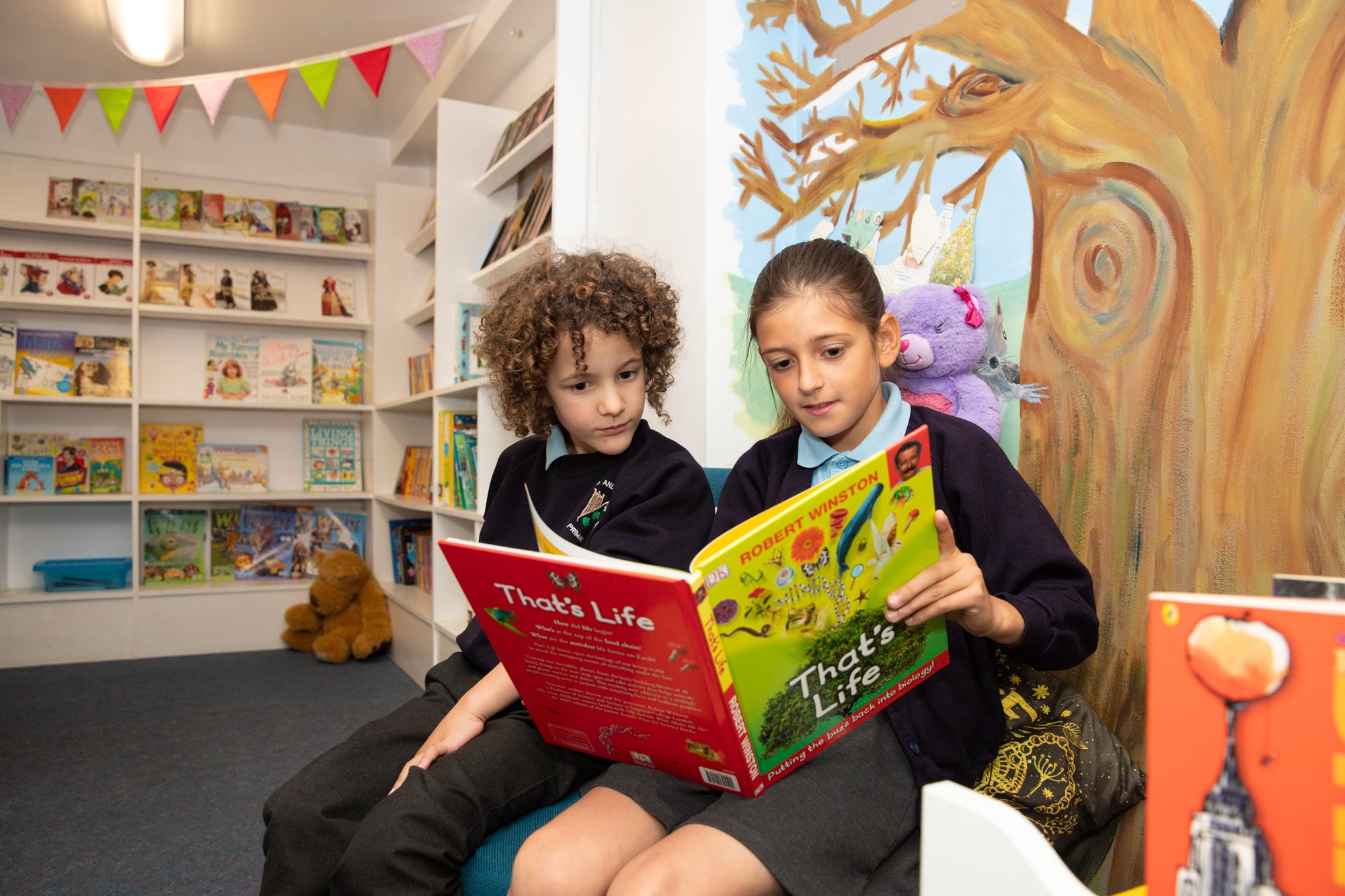Curriculum
At St. James' and Ebrington CofE Primary, our curriculum is the vehicle that enables our school vision to be delivered.
Rooted in love, our inclusive school community is safe, warm and welcoming, with wellbeing at the heart of all we do. Everyone is enabled to be curious, love learning and grow together with respect at our two unique sites.
Our curriculum aims to develop our pupils by providing:
Be curious - A curriculum that encourages all children to ask questions, explore new ideas, develop their own interests and have the skills, knowledge and creativity to flourish.
Love learning - A curriculum that ensures children feel safe to discover their own passions and love of learning.
Grow together with respect - A curriculum where children are valued and able to embrace the 'ows, wows and nows' of life, respecting themselves, others and the world around them.
Our curriculum is linked to our NCSF Trust vision, which enables all of the children to flourish.
Our Trust Vision:
Rooted in our Christian understanding of life in its fullness, NCSF schools are safe aspirational learning communities where all are nurtured and cherished to shine and flourish as lights in the world.
North Cotswolds School Federation
Nurture – A curriculum that develops every child’s ability to care, respect and nurture themselves, others and the world in which they live.
Cherish - A curriculum that ensures that every child feels valued and cherished
Shine - A curriculum that provides a range of opportunities, designed to develop every child’s sense of what is possible for them to achieve and shine as individuals.
Flourish – A curriculum that ensures all children have the skills, knowledge and crucially, the attitude to flourish in all aspects of their lives and to embrace the ‘ows, wows, and nows’ that life presents.
We follow a broad and balanced curriculum that is rigorous, coherent, sequential, progressive, engaging, and fun. All our pupils have access to the full 2014 National Curriculum, differentiated to take into account individual learning needs. All class teachers are responsible for providing a curriculum that is suitable for all pupils in the class, including those with Special Educational Needs or Disabilities (SEND) with support from the SENDCO. We have high expectations for all pupils and are committed to ensuring our curriculum complies with the Equality Act 2010 and the Special Educational Needs and Disability Regulations 2014. Additional information on this can be found in our Special Education Needs offer page and SEND policy.
We use an enquiry-based approach to deliver the statutory skills and knowledge of the National Curriculum. Putting questioning and ‘being curious’ at the heart of our school’s ethos and culture helps our children to be engaged in their learning, deepen their thinking, and empower them to become life-long learners who are well-prepared for secondary school and their future lives, careers, and contributions in our society.
Each Year 1 - Year 6 has ‘Enquiry Questions’, per subject which they explore, investigate, and ultimately answer through their learning journey. In EYFS they have 6 'Big Questions' per year, one for each short term. Each term provides a broad range of interesting topics to explore and investigations to carry out, allowing subjects to come alive for the children and interconnect prior and new learning concepts.
‘New information is only stored if we can connect it to knowledge the we already have’ Rosenshine’s Principles in Action - Tom Sherrington
.The aim of the inquiry ‘Big-Questions’- based curriculum, presents big questions that engage students in looking at the world with wonder, curiosity, desire, and passion. is that it is not something that is easily answered. It provides a reason for children’s learning opportunities and shapes the lessons that are planned for across the year.
Learning is characterised by the following elements:
The starting point for learning is an age-appropriate question, to promote deep thinking and reflection. Children are encouraged to create their own questions in response to it.
Children are taught the skills of, and have opportunities to: research evidence to answer questions, explain their findings and formulate arguments and justifications.
Children are taught the skills of, and have opportunities to: collaborate with other children to share ideas and skills, and extend their thinking.
Children develop the skills of demonstrating or explaining concepts orally, concretely, visually and abstractly.
Children have the chance to revisit their leaning, develop their ideas and then apply their knowledge to a different context.
Enquiry questions provide the framework for the teaching of Science, Geography, History, and RE. Links are made between these subjects and the English topics and texts; as well as, with Computing, Art and Design, Personal, Social, Health and Citizenship Education (PSHCE), Design and Technology, Languages (MFL), Music, and Physical Education (PE). The subject learning in each discipline is kept separate. Some subjects need to be taught discretely and this varies depending on the nature of the content being taught.
Big questions engage students in looking at the world with wonder, curiosity, desire, and passion.
SMSC through our curriculum
Our ‘Key Features’ documents outline our yearly overviews.
Find out more here →
















